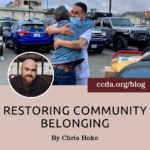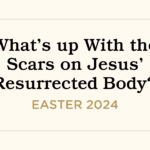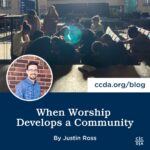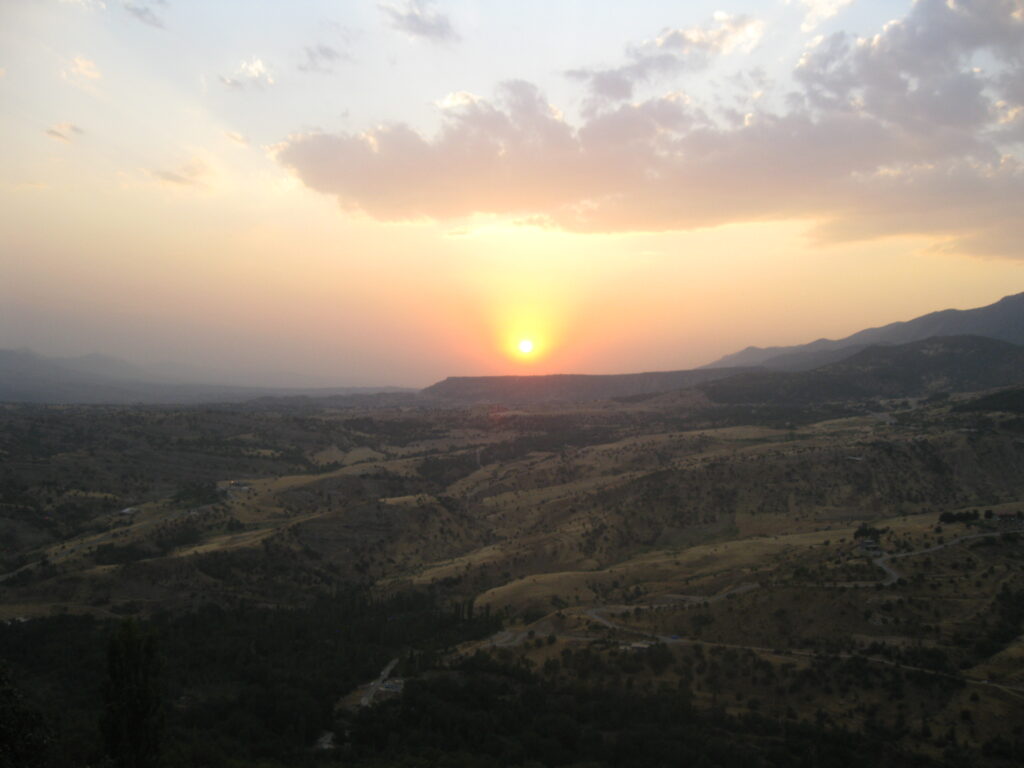
In September 2017, I discovered a major discrepancy in social justice spaces as a white pastor. I came back from a human rights delegation with Community Peacemaker Teams in Iraqi Kurdistan. This was during a referendum that would’ve given the Kurds their own nation-state. It was voted on and passed with a majority. Instead of the Iraqi government granting independence, they relied on their alliance with the United States to make sure the Kurds didn’t get their own country.
Two days after I left, the airports and borders shut down. People I met were thrown into prison, and riots broke out. What I found, increasingly, was indifference and awkwardness in response to this among evangelicals engaged in social justice work. I then spent my Master’s researching native Christian communities in Syria and northern Iraq. I found in my research that Western theology directly contributed to the persecution of Christians in the Middle East, from President George Bush using Just War Theory to dispensationalism.
When the war in Gaza broke out in October, I found the same reactions among evangelical churches. For the most part, evangelicals who are in justice work are still in a white and black racial binary in their antiracism. This limits so much good that can be done.
I currently serve as co-chair of the board for Community Peacemaker Teams, and I engage in the local Assyrian community as well. I’m contracted as a screenwriter for Rinyo Studios, an Assyrian media company focused on preserving Iraqi heritage, for an unannounced sitcom web series (because some people think I’m funny.)
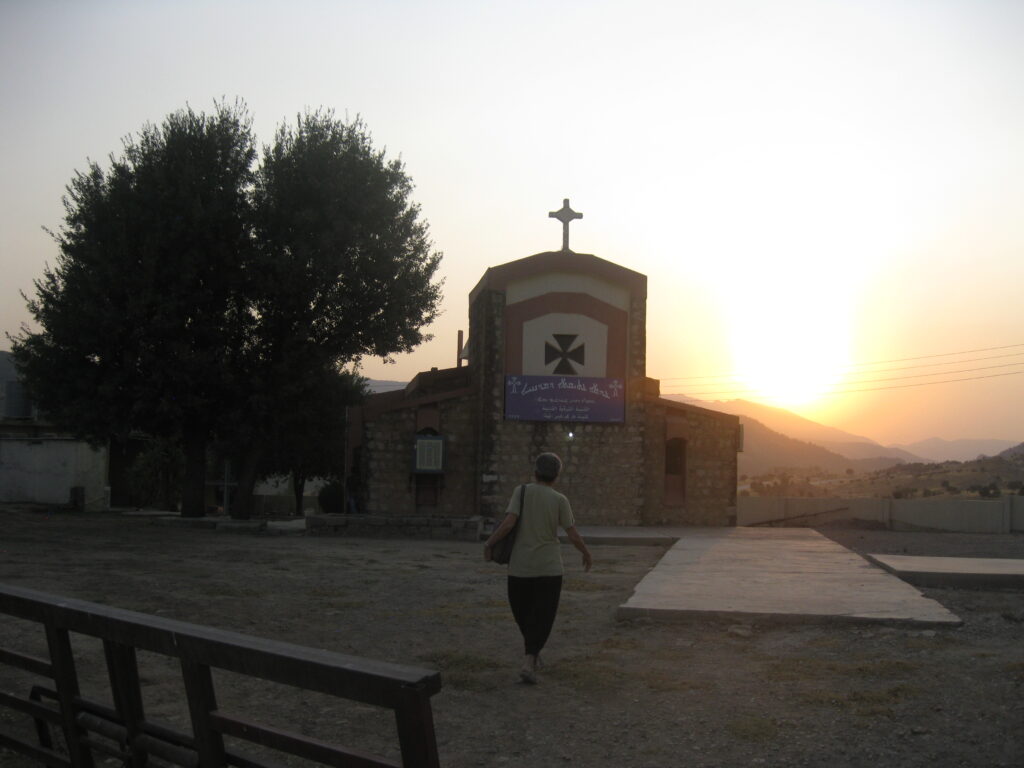
After being engaged in this work for six years, I have a few modest proposals for white churches and communities to engage in this needed work.
1. Get educated
Evangelicals tend to see Middle Eastern cultures as one big culture. This is not the case at all. There is more than one culture in this region. There are Assyrians, Armenians, Kurds, Turks, Yazidis, Arabs, Persians, Madaaens, and more. Not all of them are Muslims, and not all of them hold the same geopolitical views. Assyrians tend to oppose a Kurdish state, while Kurds tend to support Israel. There are tensions that can’t be glossed over that first need to be researched and understood.
Also, understand that Middle Eastern communities tend to view the word “evangelical” as a dirty word because of historical atrocities. When Western missionaries first came, they lumped in non-Muslim Middle Eastern ethnicities as one monolithic culture. Their unique identities were ignored. This helped fuel Western indifference to the Armenian and Assyrian genocides during World War 1 – a genocide that wiped out 75% of the Assyrian population alone.
2. Reach out
Reach out to the leaders of local mosques and Middle Eastern-cultured churches to start a dialogue. It’s vital to reach out to leadership first so the community knows you’re safe.
When I was doing my Master’s, I visited a Syrian Christian monastery in the States. Because of a mixup with the secretary quitting, they weren’t expecting me. They were suspicious of me and my motives. It made my relationship with them strained at first. When I moved to Chicagoland for a new church, I reached out to the Assyrian leadership before introducing myself to the local Syriac Orthodox community. The result was positive, and I’ve formed some great friendships from it.
3. Donate and Follow Human Rights Organizations on Social Media
Donate to human rights groups working in Palestine and in the surrounding region. They’re the ones giving accurate, first-hand reports of what’s going on.
Community Peacemaker Teams is one of the few groups on the ground right now. Other great groups are the American Friends Service Committee and Churches for Middle East Peace. Ecumenical Accompaniment Programme for Palestine and Israel, and Mennonite Central Committee.
4. Protest
Mennonite Action Network is currently the largest Christian North American protest group since Gaza broke out. They are encouraging other denominations and traditions to do the same things they’re doing. If you’re non-denominational or you don’t see it happening with your tradition, reach out to them.
This is a critical moment for the American church. How we choose to engage and repent of our complicity matters. Christ waits for us both in the rubble in Gaza and in the pained hearts of an immigrant family down the street.
God, wake the Church up from our indifference and show us Your image in our Middle Eastern neighbors. Give us Christlike strength and compassion to do what is right.

About Nathan Perrin
Nathan Perrin is a multi-genre writer and pastor of Lombard Mennonite Church in Chicagoland. He holds an MA in Quaker Studies from Barclay College, and is a doctoral student studying Christian Community Development at Northern Seminary. His doctorate work centers on creating a writing program to help under-resourced communities process trauma. His forthcoming novella, Memories of Green Rivers, will be released in winter 2025 by Running Wild Press.

